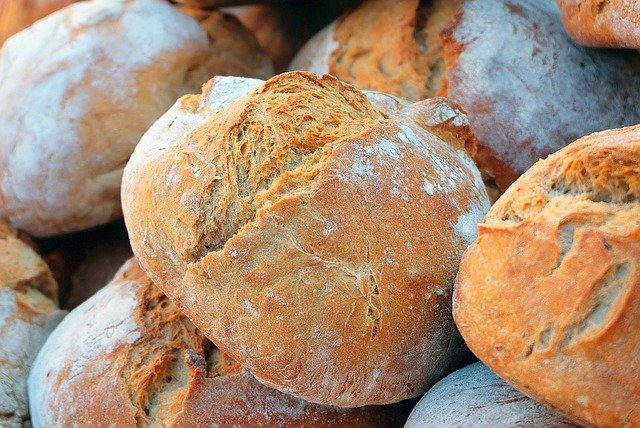Do you have a food sensitivity? Do you know someone who does? Does it seem like food sensitivities have been on the rise over the past several years? What the heck is going on?
To be clear, a food sensitivity and a food allergy are two different things, if you’re not clear here’s an article from Harvard Medical School, click HERE.
Why are so many people sensitive to foods such as dairy or gluten (wheat)? These foods have been consumed for generations by people from practically every corner of the world, and suddenly processed food manufacturers are having a Heyday marketing and selling dairy free milks and gluten free products…
It’s possible to have a food sensitivity to almost any food while at the same time, almost any symptom can be a reaction to a food sensitivity. Possible symptoms can include:
Irritability
Anxiety
Depression
Gut ache
Weight gain
Sore achy joints and muscles…
A food sensitivity is caused by an inflammatory response in the gut. This is the body’s healthy reaction to a ‘foreign invader’. The problem arises when the body thinks food is the foreign invader.
All is not lost – it’s not easy and it can take a long time (a year or two – maybe more) but you can reverse food sensitivities. I’ve seen it with clients and experienced it first hand…:)
How to reverse a food sensitivity:
If you know what foods you are sensitive to, start by removing them from your diet. Strictly remove them for two or three maybe four weeks – then try the food and see how you feel. For some people, simply removing the foods while implementing a Gut Healing Protocol add link will help to correct a food sensitivity, but for many of us it will take a lot longer than that.
If you’re not sure what foods you may be sensitive to or you want to ‘test’ a series of foods, the gold standard method is the elimination diet. The most commonly sensitive foods are gluten containing grains, (barley, oats, rye and wheat (which includes kamut and spelt)), dairy, eggs, nuts, soy, corn, citrus, tomatoes, shellfish).
Remove foods you suspect you might be sensitive to for at least two to three weeks (HINT: If you rarely eat it you’re probably not sensitive to it), and then add each food back in one at a time, and pay attention to see if you experience any symptoms, (see list of symptoms above).
One of the takeaways here is that neither gluten or dairy caused the food sensitivity – it was caused by poor gut health and increased intestinal permeability. You may have heard or read how “Wheat and Dairy are pro-inflammatory foods” – well if they are good quality (organic, ethically sourced) then the problem is not the food. (See my blog “Boost Nutrients For Mental Health”).
So remember this, “It’s not the food’s fault!”
REFERENCES:
https://www.health.harvard.edu/blog/food-allergy-intolerance-or-sensitivity-whats-the-difference-and-why-does-it-matter-2020013018736
https://www.precisionnutrition.com/all-about-food-sensitivities
https://my.clevelandclinic.org/health/diseases/10009-food-problems-is-it-an-allergy-or-intolerance


